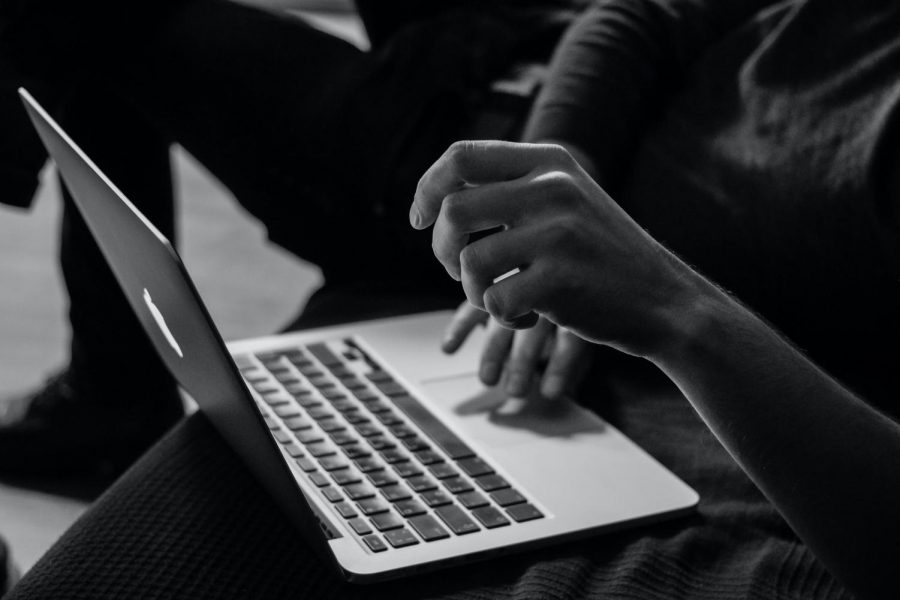Effects of a lack of social interaction
Photo by Sergey Zolkin on Unsplash
It’s been much harder to communicate.
Every day, life drives us to engage, engaging in simple, mundane tasks like supplying your refrigerators with food or replenishing your cabinets’ condiments. With your mask on, you set off to the grocery store to do just that. It’s been a while since you’ve stepped foot outside your abode, and once arrived at the store, your eyes are drawn to the people.
No matter how we look at it, people are important to us. We are shaped by the interactions we’ve had with the people in our lives, and the opposite of this proves true; a lack of interactions with others shape our characters just as much. We are being shaped during this pandemic, being limited in our socialization more than ever. The impacts of COVID-19 have certainly changed the way we engage with everyday life, and these effects grasp at us strongly, especially in our lives’ social aspects.
Mandates on social distancing practices were put onto us in order to limit the virus’s spread, but in doing so, we are asked to sacrifice an essential part of human experience. Different kinds of people in different age groups are affected differently, but our overall time with COVID can be summed up pretty negatively when we talk about our social lives. For older adults, this meant not only businesses being shut down and a loss of profits, but it was also a loss of physical connection with other adults. General statistics prove that loneliness is prone to visit in one’s adulthood, so the enforcement of social distancing may mean having frayed relationships or relationships with fewer people altogether.
As for adolescents, we may be the most socially affected group. Students are no longer physically in school, and online learning was advised as an alternative solution. Being at home rather than on campus where other students of our age mingle and share interests and friendships ultimately creates an impediment to social development.
Adolescence is a time when peer interactions are most valued and most influential. It’s when kids who formerly only spent time with family now spend most of their time hanging out with peers. A social deprivation during these formative years could mean a feeling of isolation which could develop into mental health problems.
The distance between us and other people doesn’t just interpret to a few feet’s measurement, either. COVID has also caused a division among us. The legitimate fear that it’s implanted in all of us has certainly brought about skepticism and even distrust towards others, making us display more caution when approaching others because of the thought that they might be a carrier of disease. We think that the old man by the dairy aisle might have the virus by the way he coughs, or maybe it’s the lady you heard sneeze repeatedly when passing by. This kind of unrest is not uncommon anymore when people these days are six feet apart.
It’s hard not to notice and contemplate the differences between now and the time before the masks. You notice the people back at the grocery store, but you don’t exactly see them except for their eyes. When you’ve gotten all of your items fetched and you’re ready to check out, reality hits when you realize your smiles at the cashier won’t translate as well when they scan your products.
But it’s also times like these that we have to contemplate about the other equally important stuff, stuff to keep in mind, like how not everyone has been losing their relationships because of social distancing, and that social life is totally preservable and can even be nourished because of our added free time during quarantines. Most importantly, it should be acknowledged that we now have vaccines available for distribution. This may not mean that we can finally go back to how we were before instantly, but it certainly is a step towards recovery and a state of stability. As people, we live to engage, and for now, we’ll just have to keep engaging; looking out for the crinkle in other people’s eyes when they smile under their mask, whenever we get the chance to.

Born and raised in the tropical islands of the Philippines, Marianne Barredo had a lot of new experiences moving to the US. Good thing for her, she likes...
